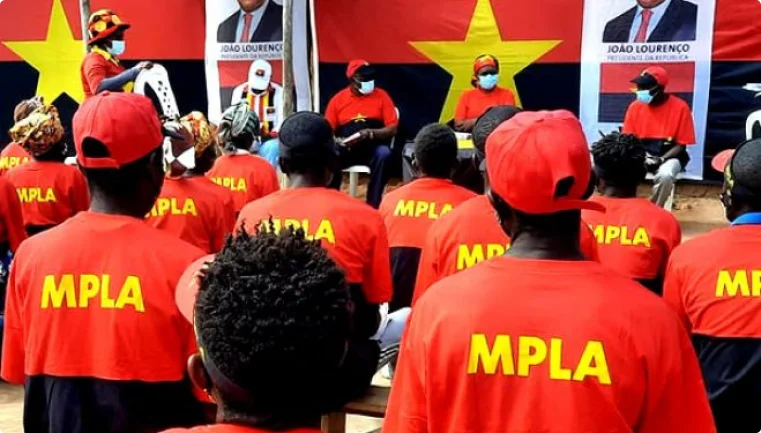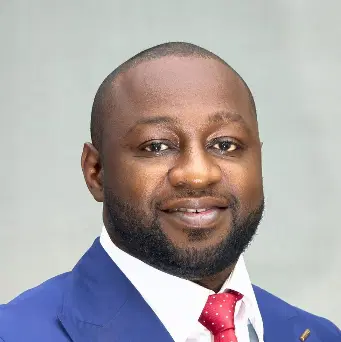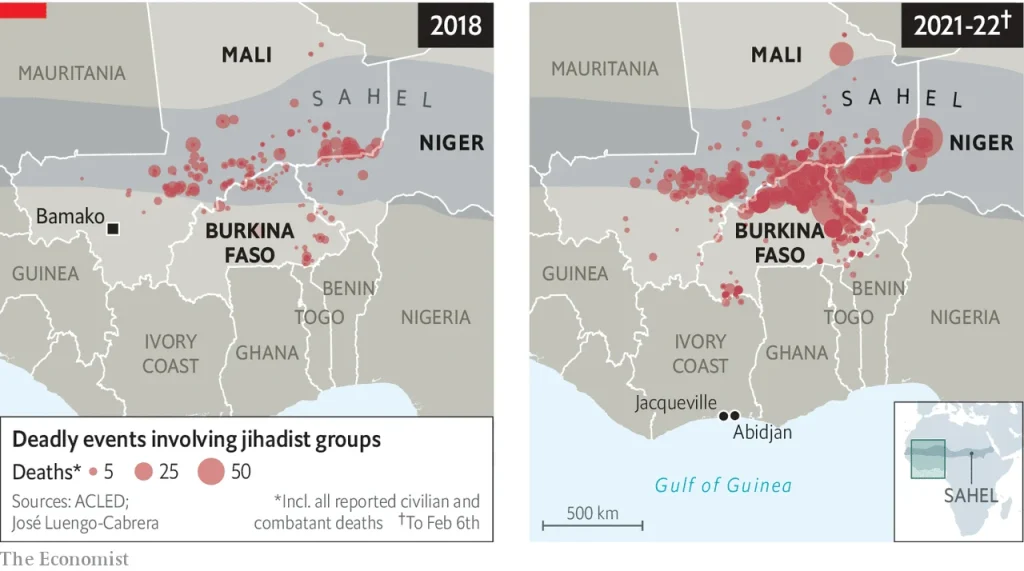Angola’s ruling party, the People’s Movement for the Liberation of Angola (MPLA), secured victory in the August 24 general elections, winning 51.17 percent of the vote and granting President João Lourenço a second term in office. The announcement was made on Monday by Manuel Pereira da Silva, head of the National Electoral Commission (CNE).
“Mr. João Lourenço is declared president of the republic, while Ms. Esperança da Costa will serve as the country’s deputy president,” Pereira da Silva stated. The MPLA also secured 124 seats in Parliament.
The main opposition, the National Union for the Total Independence of Angola (Unita), in coalition with the United Patriotic Front (FPU), received 43.95 percent of the vote, securing 90 parliamentary seats. The Unita-FPU alliance included independent candidates from other opposition groups, marking one of the tightest election races in Angola’s history.
Other political parties that participated in the election included the Social Renovation Party (PRS), which received 1.14 percent of the vote, the National Front for the Liberation of Angola (FNLA) with 1.06 percent, and the Humanist Party of Angola (PHA), which garnered 1.02 percent. Each of these parties won two seats in Parliament.
Additional parties such as the Broad Convergence for the Salvation of Angola (Casa-Ce), the Angola Patriotic Alliance (APN), and Pjango garnered smaller percentages of the vote, receiving 0.76 percent, 0.48 percent, and 0.42 percent, respectively.
Despite the official results, Unita, PRS, and Casa-Ce have announced their intention to challenge the outcome, raising concerns about the transparency of the process. Opposition parties and civic groups had previously expressed fears of potential voter manipulation, as the MPLA has historically maintained control over both the electoral system and state media.
The MPLA, which has governed Angola since its independence from Portugal in 1975, has seen its support erode over recent election cycles. President Lourenço, a 68-year-old former general with a Soviet Union education, was first elected in 2017 with 61 percent of the vote.
International reactions have been mixed. The U.S. Department of State acknowledged the high voter turnout and emphasized the need for any disputes to be handled through legal channels in accordance with Angolan law.
Meanwhile, former Mozambican President Joaquim Chissano and former Tanzanian President Jakaya Kikwete, both serving as election observers, praised the electoral process. In a joint statement, they commended the peaceful nature of the vote, describing it as free, fair, and transparent.
“We can confidently say that Angola is progressing in its journey towards democratic consolidation,” Chissano stated during a press briefing in Luanda. They encouraged any dissatisfied parties to resolve their concerns through legal processes.



















